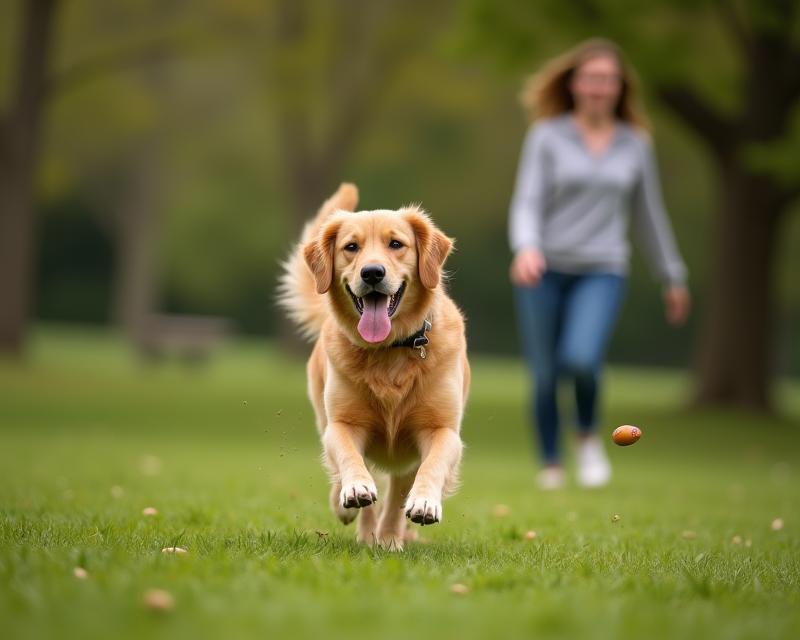Pet Obesity: A Serious Health Risk
Publish in Health el 28/06/2025 23:00
Is Your Pet Overweight? Understanding Pet Obesity
We all love to spoil our furry friends, and sometimes that spoiling can lead to a bigger problem: obesity. Just like humans, pets can suffer from weight gain, and it's more common than you might think. Pet obesity isn't just about looks; it can seriously impact your pet's health and lifespan. Understanding the risks and taking preventative measures is crucial for keeping your companion happy and healthy for years to come.

The Dangers of Excess Weight
Obesity in pets isn't simply a cosmetic issue. It puts a strain on vital organs and can lead to a range of serious health problems. Joint problems are a common consequence, as excess weight puts extra pressure on hips and elbows, leading to arthritis and pain. Diabetes is also strongly linked to obesity in pets, making it harder for their bodies to regulate blood sugar. Furthermore, obesity can contribute to heart disease, respiratory problems, and even certain types of cancer. The overall quality of life for an obese pet can be significantly diminished.
What Causes Pet Obesity?
Several factors can contribute to your pet gaining too much weight. Overfeeding is a major culprit, often driven by well-meaning owners who give treats frequently or don't accurately measure food portions. Lack of exercise is another significant factor. Just like us, pets need regular physical activity to burn calories and maintain a healthy weight. Certain breed predispositions can also make some pets more prone to weight gain. Finally, age and decreased metabolism can play a role, especially in senior pets.
Preventing Pet Obesity: A Healthy Approach
The good news is that pet obesity is often preventable! Here are some key steps you can take:
- Measure Food Portions Carefully: Follow the feeding guidelines on your pet's food packaging, but adjust based on your pet's individual needs and activity level.
- Limit Treats: Treats should only make up a small percentage of your pet's daily calorie intake. Choose healthy treat options like fruits and vegetables.
- Provide Regular Exercise: Daily walks, playtime, and interactive games are essential for burning calories and keeping your pet active. The amount of exercise needed will vary depending on your pet's breed, age, and health.
- Regular Vet Checkups: Your veterinarian can monitor your pet's weight and body condition and provide personalized recommendations for diet and exercise.
By being proactive and making healthy choices, you can help your pet maintain a healthy weight and enjoy a long, happy life. If you're concerned about your pet's weight, talk to your veterinarian – they can help you develop a safe and effective weight management plan.





